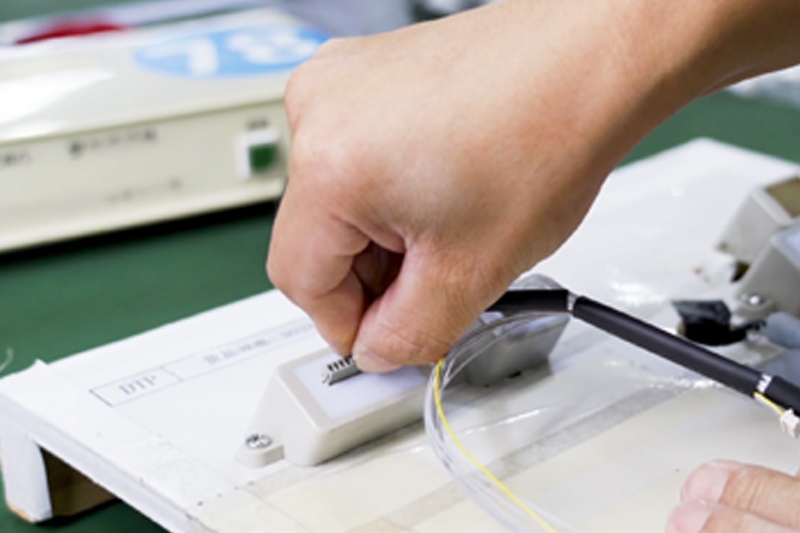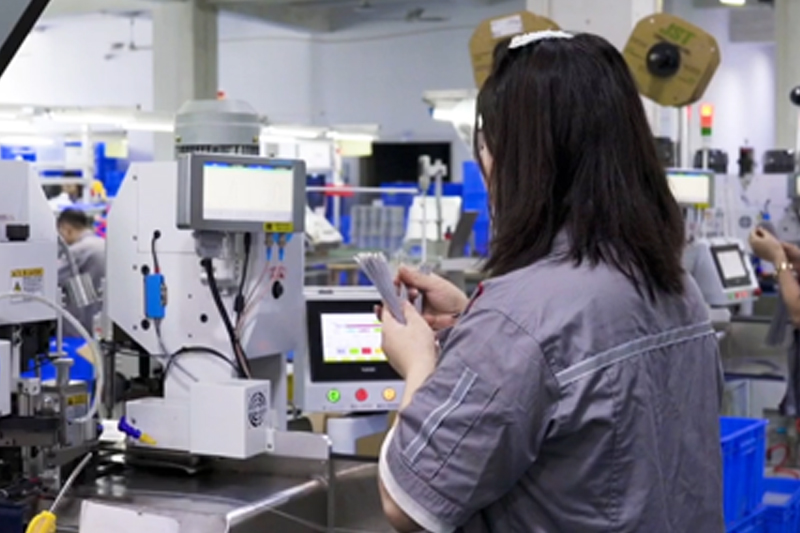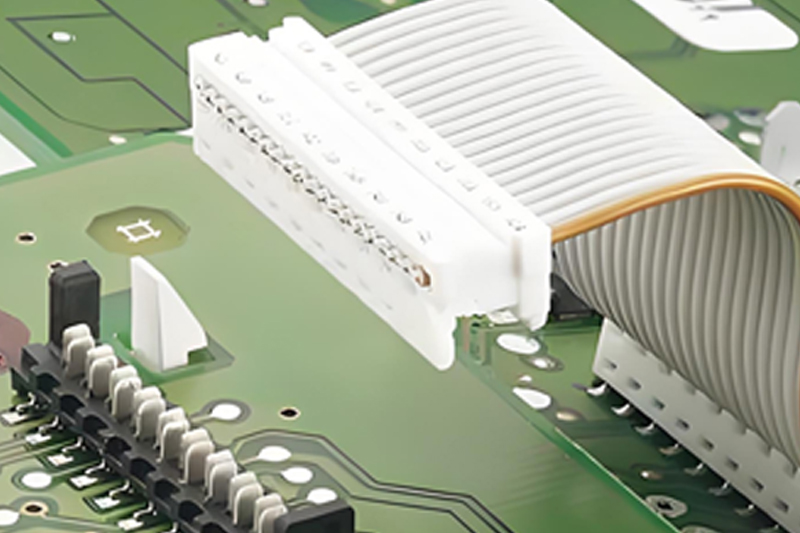
According to the survey of respondents, the top three features most likely to become standard by 2030 are high-speed WiFi, wireless charging and vehicle-to-vehicle communications. When choosing the five most important areas of innovation over the next decade, respondents selected electrification (38 per cent), connectivity (33 per cent), passenger safety (29 per cent), quality and reliability (28 per cent) and software-defined infrastructure (27 per cent).
In addition, 60 per cent of respondents cited the ability to innovate through software as a priority, including the intelligence required for autonomous driving, advanced algorithms to reduce energy consumption, remote updates for new features and customised driving experiences.
Participants indicated that customer demand and technological innovation will influence the future of the automobile, particularly in terms of accelerating green or socially responsible initiatives, ranging from zero-emission vehicles to zero-waste production.
While 44 per cent of survey respondents envisioned that the average car purchased in 2030 will be driven by established carmakers in its development, 32 per cent saw technology companies as a growing driver. It is expected that companies such as Apple, Google and Microsoft will be expected to gain momentum due to their expertise in user experience and human-machine interfaces. Equally important, industry insiders believe that China is most likely to produce the cars of the future first, followed by the US, Japan and Germany.
The vast majority of respondents indicated that there are significant technical challenges to achieving innovation, with 44 per cent citing insufficient battery life and 36 per cent stating that there are barriers to the operation of electronics and software in extreme conditions. In addition, 33 per cent of respondents indicated challenges in accessing expertise in electrification, 5G, security and other required technologies.
Next Article:No More



